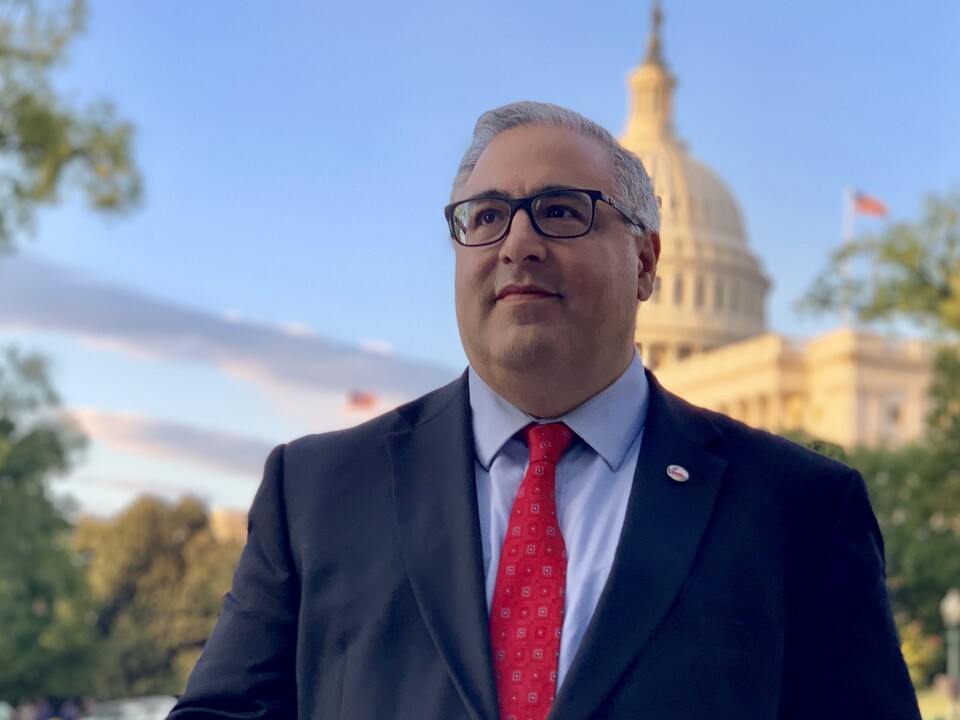This thread explores the main highlights of the article which represents very interesting data and statistics about demographic/gender situation in Armenia from recent researches.
- Over the past decade, Armenian population has declined from 3,026,879 in 2013 to 2,977,130 in 2023.
- In 2013, men made up 48% of the population, while women accounted for 52%.
- In 2023, the picture is slightly changed: men comprising 47% and women 53% of the population.
- The proportion of the genders of newborns: 112 boys born for every 100 girls.
- The International Center for Human Development reports that Armenia loses approximately 1,400 girls annually due to prenatal sex selection and gender-based abortions.
- In 2022, the life expectancy at birth for women in Armenia was 87.3 years, while for men it was 71.4 years.
- In 2021, the life expectancy at birth for women was 77.4 years, compared to 67.4 years for men.
- In terms of pensions in 2022, the average amount for women was 45,707 AMD, slightly lower than men’s average pension of 48,037 AMD.
- The average age at first marriage in 2022 was 27.9 years for women and 31.4 years for men.
- Back in 2012, women married at an average age of 25.3 years, and men at 28.8 years.
- Since 1991, the average number of children born per woman in Armenia has significantly declined, especially in rural areas.
- In 2020, the fertility rate in rural areas fell below that of urban areas. However, between 2021 and 2022, there was a notable improvement in the total fertility rate among the rural population.
- In 2021, the fertility rate in rural areas reached 1.711 children per woman, compared to 1.7 in urban areas.
- By 2022, the fertility rate in rural areas increased to 2.118 children per woman, while it decreased to 1.489 in urban areas.
- The picture of the education gender gap in Armenia is another worrying issue: In 2022, girls outnumbered boys in earning bachelor’s degrees, comprising 64.1% compared to 43.9%. Despite making up 53% of science candidates, women only represented 25% of those holding doctorate degrees.
- In 2022, the working-age population aged 15-75 in Armenia included 1,196,200 women and 1,032,300 men.
- Employment figures show a stark contrast: only 41% of women were employed, with 52% out of the labor force. For men, 62% were employed, and 29% were unemployed.
- According to the Statistical Committee, 52% of women aged 15-74 – about 620,000 women – were neither employed nor actively seeking work, primarily occupied with housekeeping duties.
- Most employers and own-account workers were men. Only 17% of employers were women, while 83% were men.
- Additionally, 61% of family-contributing workers who received no pay were women, compared to 39% men.
- The Friedrich Ebert Stiftung Foundation’s youth study reveals concerning trends among young adults aged 19-29. Only 1/4 of young women in this age group are financially independent.
- Just 1/3 of all young adults have a personal source of income, while 1/4 remain financially dependent on their fathers.
- According to the Statistical Committee’s report, men held the majority of managerial positions in Armenia. In 2022, men occupied 56% of roles in the categories of legislators, senior officials, and managers.
- The gender pay gap has widened from 35.3% to 39.2% between 2018 and 2022.
- Specifically, in 2022, women earned only 60.8% of what men earned, resulting in a gender pay gap of 39.2%.





Comments